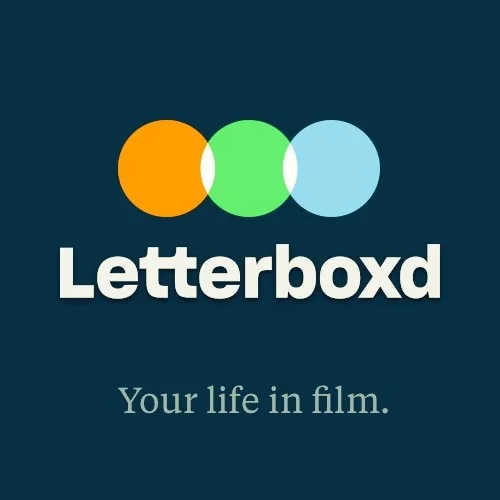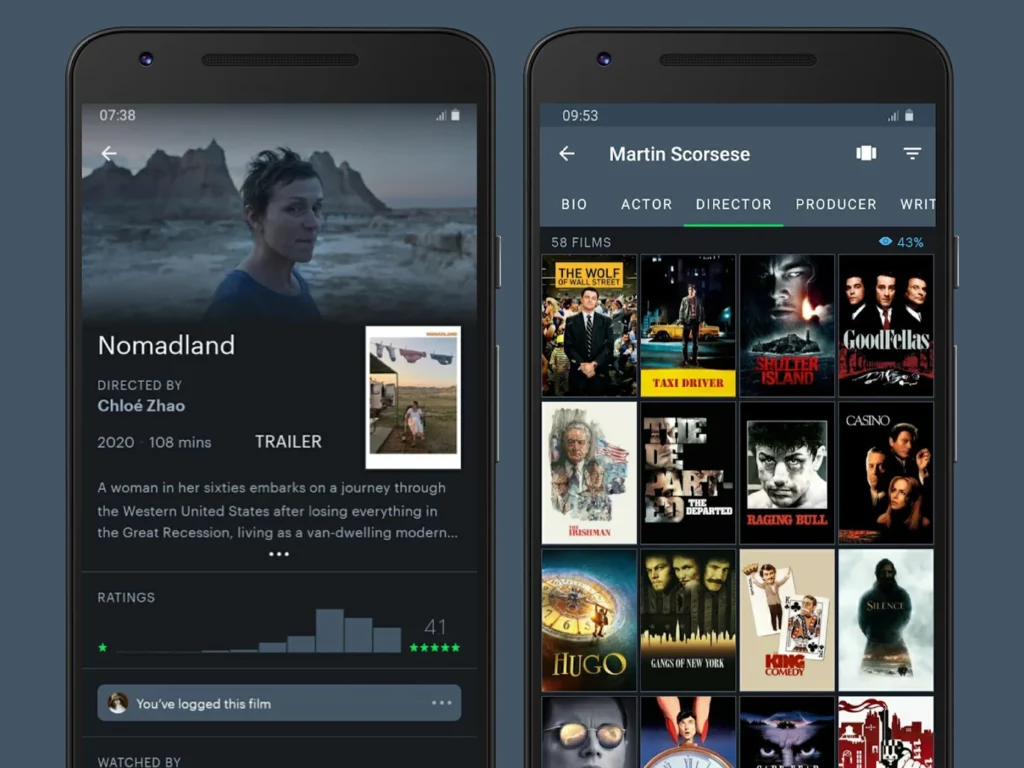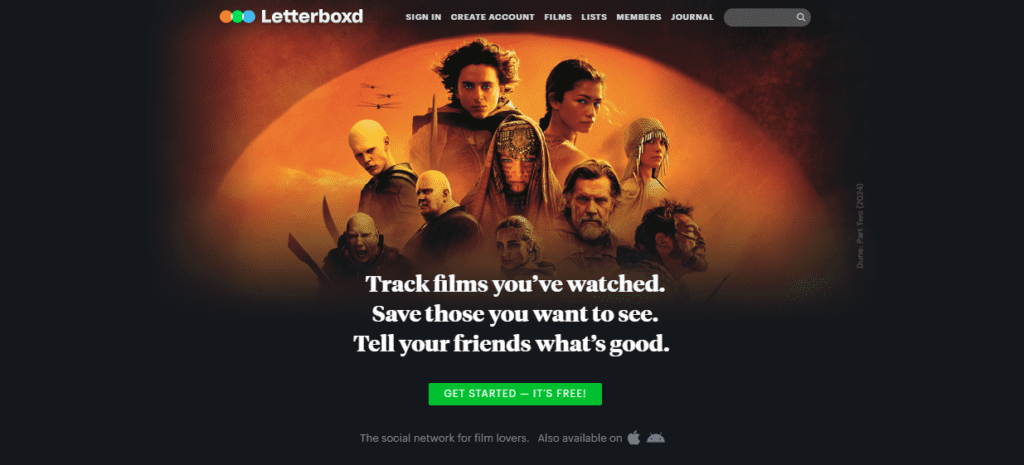If you’re a cinephile, you’ve got to be on Letterboxd. What is it? It’s a social media app in which users are encouraged to log, rate, and review every movie they’re watching and have ever watched. Serving as a great directory for those wanting genuine opinions over movies and web series, Letterboxd is a growing rage now.
With reviews for new films such as Nope and Prey dominating the homepage of Letterboxd, the app has positioned itself as the preeminent social media platform for film discourse. Martin Scorsese, The Florida Project director Sean Baker, The Bear‘s Ayo Edebiri and The Idol‘s Rachel Sennott are all Letterboxd-pilled. Armed with the tri-colour microphone, Letterboxd recently attended the red carpet of the BAFTAs.

Also Read: Meta Launches ‘Know What’s Real’ Campaign to Combat Misinformation
The Growth Of Letterboxd
Since 2020, Letterboxd’s membership has exploded from 2 to 12 million members and around a quarter of the platform’s total registered users between 16 and 24. This rise in numbers is fueled by intense brand building. Like any social media platform, Letterboxd is made up of a mix of users who all approach cinema differently. Because art is so subjective, it is impossible to fully agree with anyone else when it comes to the merits of film.
How did the platform have an online breakthrough? Their cornerstone is a series of video interviews distributed across social platforms called “Four Favourites”. Here, a host — typically at a red carpet event — asks a notable auteur or actor that painstaking question: “What are your four favourite films?” The responses vary from the hilariously awkward to panicked, serving as fodder for the internet’s most valuable currency: memes.
Rachel Lee of The Digital Fairy explains “Letterboxd has successfully tapped into the Gen Z phenomenon of ‘the memeification of everything’. From the comments they leave on TikTok users’ content, to asking celebrities their top four films, their social media team is doing God’s work to constantly evaluate Letterboxd’s voice in culture.”

Why It Works
Unlike other social platforms whose algorithms are designed to suck you into a doomscroll, Letterboxd has managed to create an easy sense of community. There’s a different joy in knowing that everyone is watching the same film at the same time. And people are uninhibited with their opinions out here. It seems that they aren’t embarrassed to be going gung-ho for what is essentially just a social media app for cataloguing information.
This is because Letterboxd has succeeded where plenty of other apps have failed: it skews younger, cooler and culturally relevant. Being Letterboxd-pilled is essentially shorthand for saying that you’re into real cinema and not just mainstream movies. Loudly and proudly declaring your love of Letterboxd has become a way of demonstrating your superior cinephilia.
Ella Kemp, Letterboxd’s London editor and one of the brand’s main mic wavers, said “It’s wild, the number of messages we get… people just messaging every day being like, ‘You’re the best app ever’.” While the popularity of Letterboxd might feel like a story of overnight stardom, it also feels good to watch more people, especially younger ones, get inspired to engage with real films.

Letterboxd to cinephiles is like what The New Yorker is for magazine aficionados, or what Goodreads is for BookTok heads. It may not turn into an Instagram or X – it probably doesn’t even wish to – but will remain to stand as a genuine supporter of OG cinema. Are you on Letterboxd yet?


